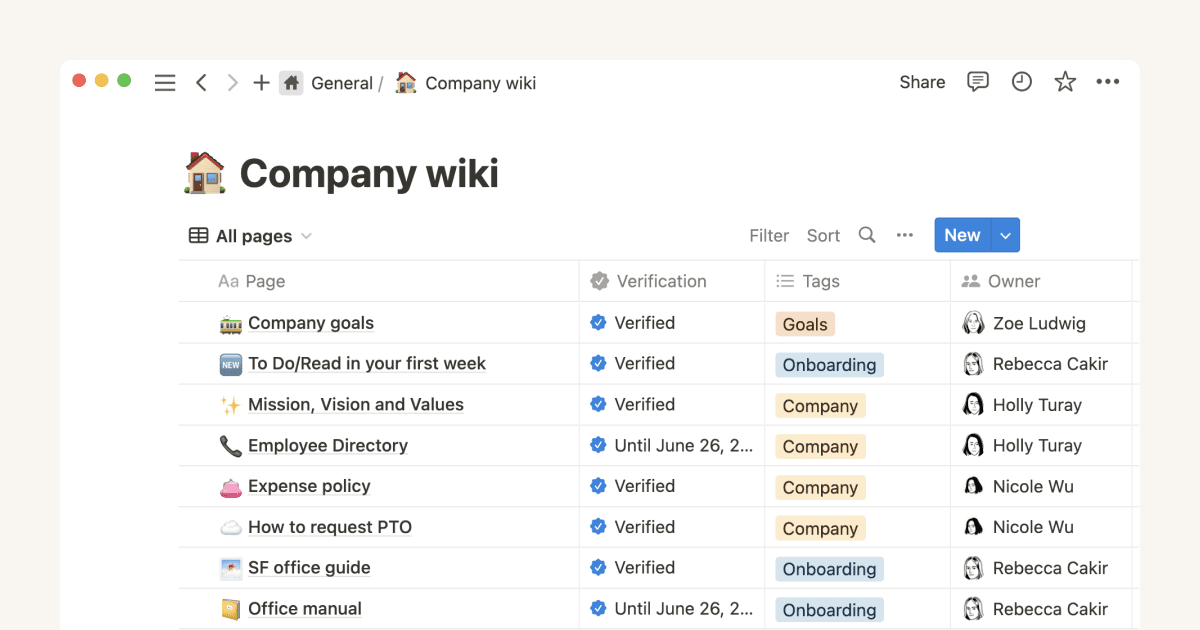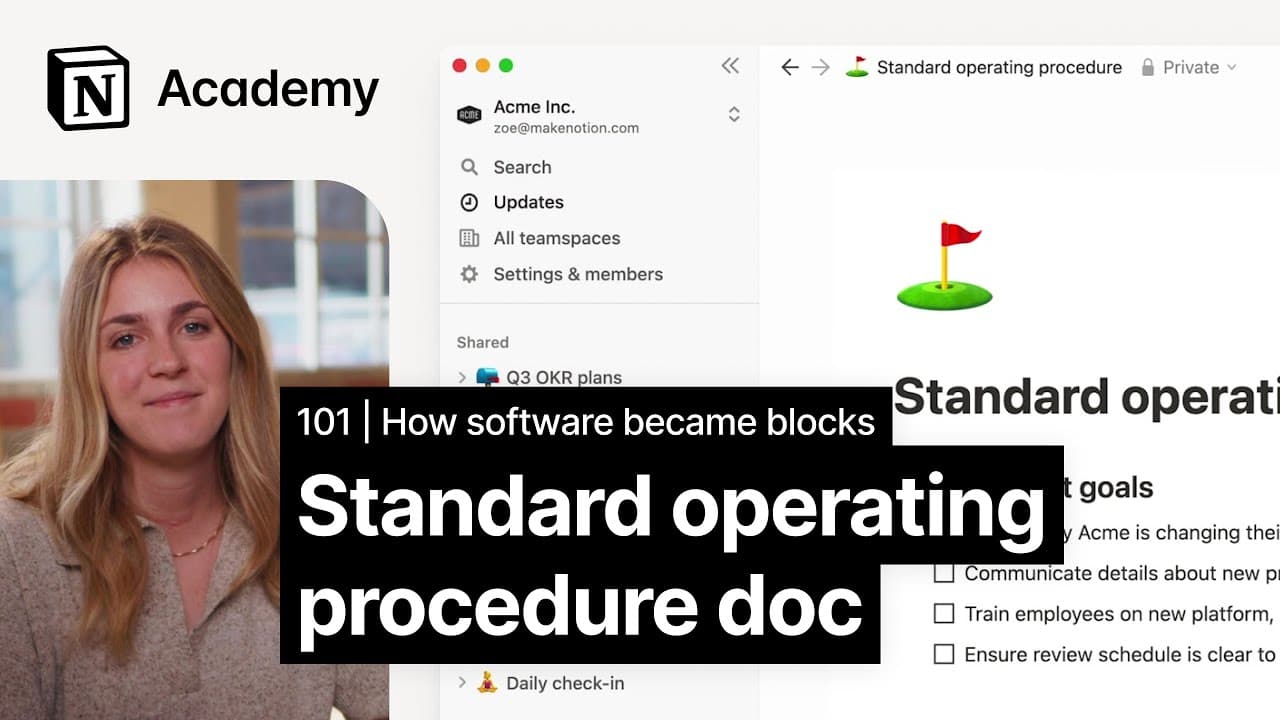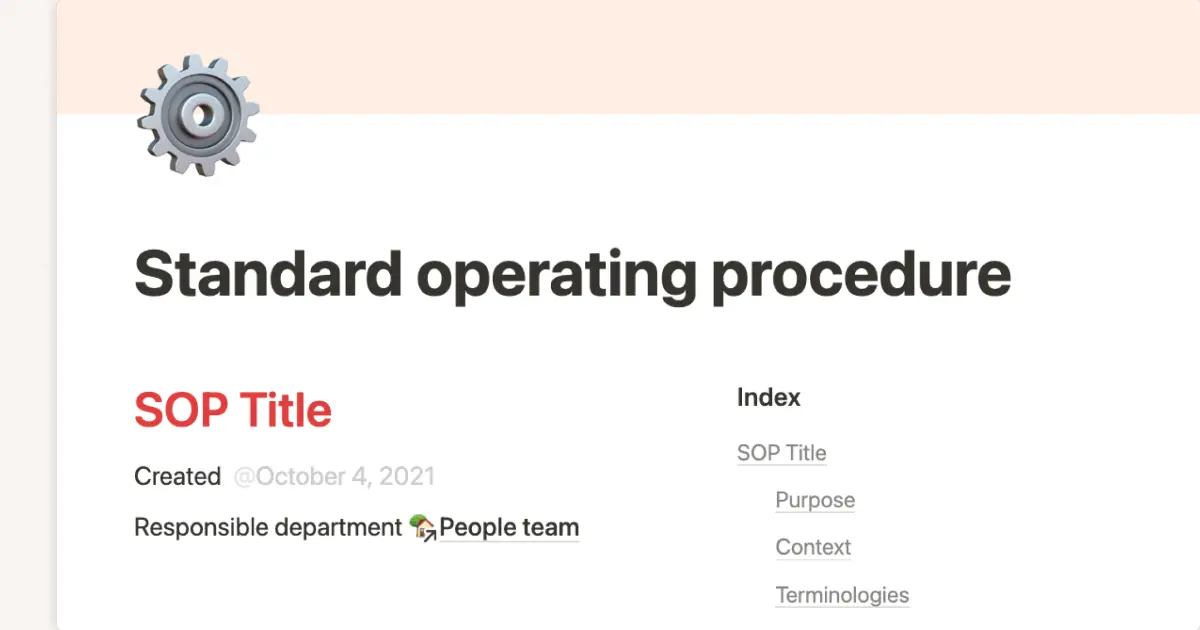Advocacy Director (Non-Profit) SOPs

About this template
This template contains Standard Operating Procedures (SOPs) for an Advocacy Director in a non-profit organization, covering ten key areas of advocacy work. The SOPs provide structured approaches for developing and implementing advocacy strategies, engaging with stakeholders, conducting policy research and analysis, and lobbying and engaging with legislative bodies. They also detail how to create effective media and public relations strategies, organize advocacy events and campaigns, build coalitions and partnerships, and fundraise for advocacy initiatives.
Furthermore, the document outlines procedures for assessing the impact of advocacy efforts and reporting findings to stakeholders. It emphasizes the importance of defining clear goals, identifying key stakeholders, and developing tailored messaging and communication strategies. The SOPs also stress the need for data-driven decision-making, utilizing research and analysis to inform advocacy positions and proposals. Additionally, the importance of building and maintaining strong relationships with various stakeholders, including policymakers, donors, and community leaders, is highlighted throughout the document.
The template also addresses the practical aspects of advocacy work, such as choosing appropriate advocacy tactics and channels, implementing plans with timelines and resource allocation, and monitoring and evaluating progress. It provides guidance on conducting situational analyses, identifying key decision-makers, and developing key performance indicators (KPIs) to measure effectiveness. The SOPs offer step-by-step instructions for each area, ensuring a systematic and organized approach to advocacy.
Moreover, the document emphasizes the significance of ethical considerations and compliance in advocacy. It provides guidelines for ensuring transparency, accountability, and adherence to legal regulations. The SOPs advise on developing an organizational code of ethics, protecting privacy and confidentiality, and promoting inclusivity and ethical representation. It also outlines procedures for responding to media inquiries, managing crisis communications, and training spokespeople for media engagement.
Finally, the template underscores the importance of continuous improvement and adaptation in advocacy work. It encourages regular evaluation of strategies, monitoring of outcomes, and adjustments based on feedback and evolving contexts. The SOPs advocate for documenting advocacy efforts, maintaining an archive of outcomes, and sharing success stories and impact metrics with stakeholders. Overall, the document serves as a comprehensive guide for an Advocacy Director, ensuring effective, ethical, and impactful advocacy initiatives.












